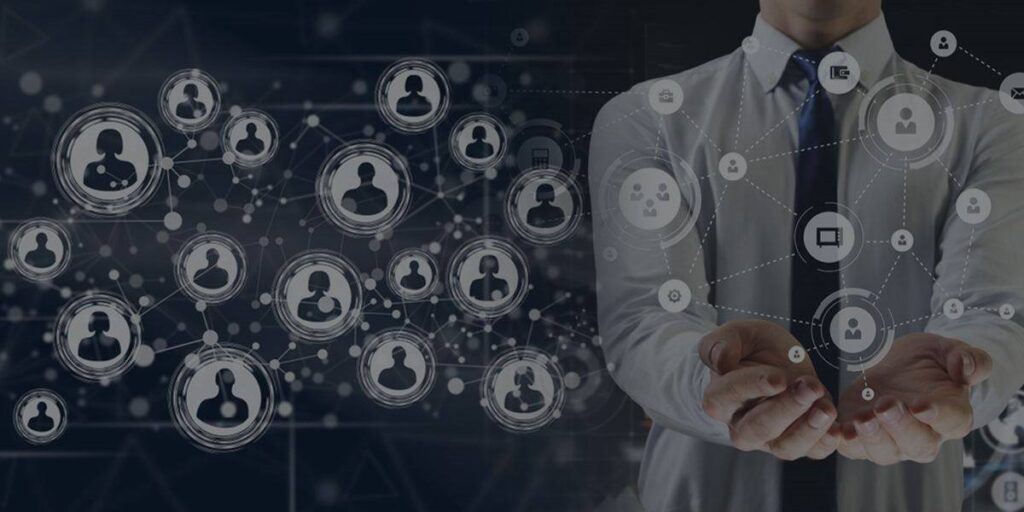Human Capital Management (HCM) refers to the comprehensive approach organizations use to recruit, manage, develop, and optimize their workforce. Unlike traditional human resource management (HRM), which focuses on administrative functions, HCM takes a strategic approach by treating employees as valuable assets whose skills and capabilities drive business success.
HCM encompasses various processes, including talent acquisition, performance management, employee development, workforce planning, and employee engagement. Modern HCM solutions integrate advanced technologies such as artificial intelligence (AI), cloud computing, and analytics to enhance workforce management and improve organizational efficiency.
The Importance of Human Capital Management
The success of any organization depends on its people. HCM ensures that businesses attract, retain, and develop top talent while fostering a productive and engaged workforce. Some of the key benefits of HCM include:
1. Improved Employee Productivity
By optimizing workforce management, businesses can increase employee productivity and operational efficiency.
2. Enhanced Talent Acquisition and Retention
HCM strategies focus on hiring the right talent and implementing retention programs to reduce turnover.
3. Better Employee Development
Training and development programs help employees enhance their skills, leading to career growth and business success.
4. Strategic Workforce Planning
Organizations can anticipate workforce needs and align talent management strategies with business goals.
5. Increased Employee Engagement
An engaged workforce leads to higher morale, improved job satisfaction, and better performance.
Key Components of Human Capital Management
HCM consists of several critical components that collectively support workforce optimization:
1. Talent Acquisition
HCM helps businesses attract and hire top talent by streamlining recruitment processes, leveraging AI-driven hiring tools, and implementing data-driven strategies.
2. Workforce Planning and Analytics
By analyzing workforce data, organizations can predict talent needs, identify skill gaps, and optimize staffing levels.
3. Performance Management
Performance evaluation, goal setting, and feedback mechanisms enable organizations to enhance employee efficiency and accountability.
4. Employee Learning and Development
HCM focuses on continuous learning through training programs, leadership development, and career progression plans.
5. Compensation and Benefits Management
Competitive salary structures, bonuses, and benefits packages play a crucial role in employee motivation and retention.
6. Employee Engagement and Experience
Creating a positive work environment, fostering open communication, and recognizing employee achievements contribute to workforce satisfaction and productivity.
The Role of Technology in HCM
Technology has revolutionized HCM by introducing automated solutions, real-time analytics, and AI-driven insights. Cloud-based HCM platforms provide flexibility, scalability, and data security while enabling remote workforce management.
Some of the emerging technologies in HCM include:
- Artificial Intelligence (AI): Automates recruitment, performance tracking, and employee engagement processes.
- Big Data and Analytics: Offers insights into workforce trends, productivity levels, and talent acquisition effectiveness.
- Cloud Computing: Enables organizations to manage HR operations seamlessly from any location.
- Blockchain Technology: Enhances security, transparency, and compliance in employee records management.
Challenges in Implementing HCM
Despite its advantages, implementing HCM solutions comes with challenges such as:
- Resistance to Change: Employees and management may be reluctant to adopt new HR technologies.
- High Implementation Costs: Advanced HCM solutions require significant investment in software and training.
- Data Security Concerns: Protecting employee data from cyber threats is crucial for compliance and privacy.
- Integration with Existing Systems: Organizations may face difficulties in aligning new HCM systems with legacy HR platforms.
Future Trends in Human Capital Management
The future of HCM is shaped by innovation and evolving workforce needs. Key trends include:
- Remote and Hybrid Work Models: Organizations are adopting flexible work arrangements to enhance work-life balance.
- AI-Powered HR Solutions: AI-driven chatbots, predictive analytics, and automation tools are streamlining HR operations.
- Diversity, Equity, and Inclusion (DEI) Initiatives: Companies are prioritizing workplace diversity and inclusive hiring practices.
- Employee Well-Being Programs: Mental health support, wellness initiatives, and work-life balance strategies are becoming integral to HCM.
Conclusion
Human Capital Management (HCM) is a strategic approach to workforce optimization that enhances talent acquisition, performance management, and employee engagement. By leveraging technology and data-driven insights, businesses can create a productive and motivated workforce. As HCM continues to evolve, organizations must adopt innovative solutions to stay competitive and foster a thriving workplace culture.
















